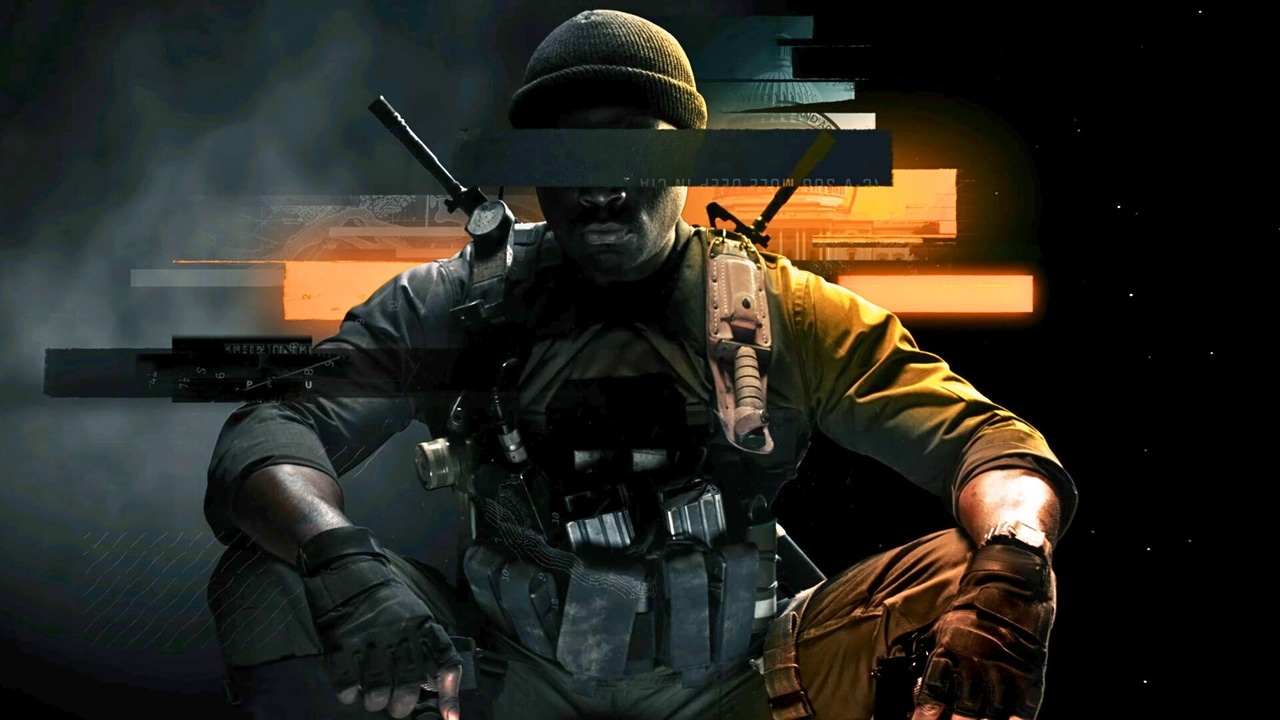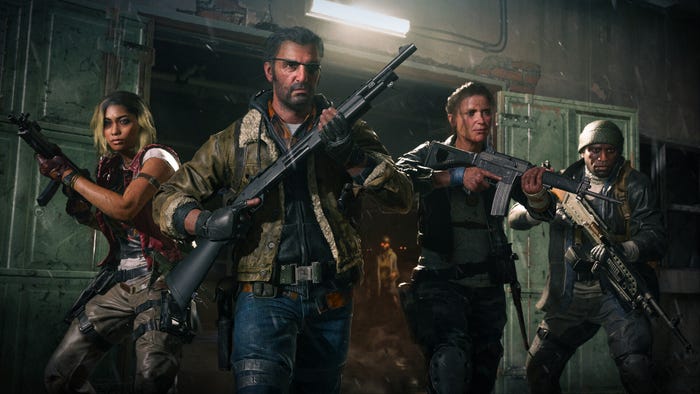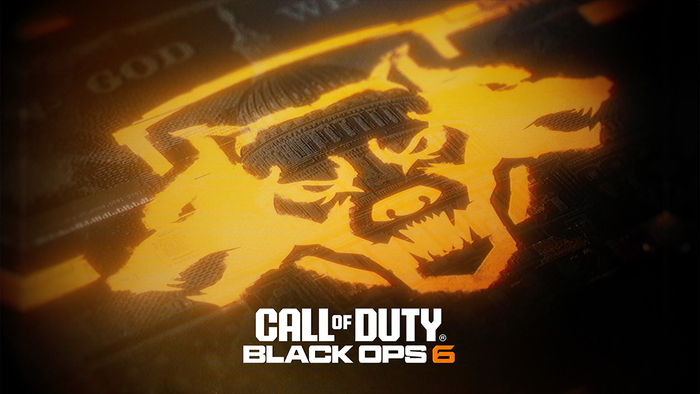Trending
Opinion: How will Project 2025 impact game developers?
The Heritage Foundation's manifesto for the possible next administration could do great harm to many, including large portions of the game development community.
Microsoft's dogged pursuit of the best-selling franchise is threatening to destroy its already shaky games presence.

Since Call of Duty 4: Modern Warfare became a juggernaut hit in 2007, the shooter franchise has become a beast unto itself. With yearly releases and rotating sub-franchises, the games have been a big revenue generator for Activision Blizzard on a near-yearly basis, and have been cemented as the shooter to beat or replicate in the eyes of other publishers. But in the eyes of Microsoft, Call of Duty isn’t just a series to have—it’s worth sacrificing everything else for, including the service that has defined its console for nearly a decade.
Earlier this week, Microsoft announced its plans to bump up the prices on multiple tiers of its Xbox Game Pass subscription service. Some plans get rid of day one access to games launching on the service, which for this year chiefly concerns Call of Duty: Black Ops 6. The Treyarch-developed title marks the first game in the series to launch on the service the same day as it releases for $70 on other systems. It’s unclear how that specific game will be handled tier-wise, but it also doesn’t matter: after fighting tooth and nail with Sony and regulators like the FTC, Microsoft finally has the biggest mainstream shooter in the palm of its hands, and it’s going to become a centerpiece of its service.
Before it fully acquired Activision Blizzard last year, it was clear that Microsoft really just wanted to add this one particular franchise to its stable. Call of Duty’s always been fairly popular on Xbox, and to Microsoft, this is a golden goose in multiple respects. In the short term, putting the series on Game Pass may finally give the service a significant subscriber boost that Microsoft has been openly wanting for years. Even if it doesn’t, it gives Microsoft something it hasn’t had in a long time, if ever: a bulletproof franchise. Call of Duty isn’t held hostage by its player base (or itself) the same way Xbox's first-party children Halo and Gears of War are. Those two franchises are beholden to their fanbases in a way Call of Duty just isn’t, and Infinity War or Treyarch (and sometimes Sledgehammer Games) don’t have to make games that effectively apologize for the previous installment. Quality may fluctuate between Call of Duty titles, but the series nailed general consistency pretty early on and kept that streak going, something you can’t fully say for any Xbox series except maybe Forza.

Image via Treyarch/Activision Blizzard.
The quality of Xbox franchises has been erratic compared to those from Sony and Nintendo. It’s something Microsoft is actively aware of; during its legal tussles with the FTC about the merger, Phil Spencer and other executives like Matt Booty practically weaponized internal incompetence as an argument for buying Activision Blizzard. That’s why Xbox’s layoffs this year across subsidiaries at Bethesda and other studios angered so many: the “I’m just a little guy” tactic doesn’t work when you’ve spent five or six years buying mid-size studios, then follow those up with grabbing one of the biggest third-party publishers in the world and killing multiplatform versions of their work.
As for Game Pass? The seven-year-old service now seems like it’s become Microsoft’s one and only lifeline into games, albeit with tears showing in the fabric. Recent years have shown how much the company is willing to spend on locking down third-party games for the service, and the ways it hopes to draw in more users. Despite that, it still feels like we don’t know Game Pass and how much it really helps or hurts games that come to the platform. Microsoft can tout how many million players touched Hi-Fi Rush, but how does it translate into sales? Who knows, and it probably wouldn’t provide a straight answer if asked. That obscurity has helped it avoid questions it’d rather not answer, and likely helped drive the decision to make some games multiplatform where their commercial performance can be measured in a better context.

Image via Treyarch/Activision Blizzard.
Launching Black Ops 6 on Game Pass will likely result in strong numbers, but also at some cost to the franchise’s identity. With how heavily Activision Blizzard likes to tout the revenue Call of Duty games bring in, a Game Pass launch may give it one less way to assert its dominance. More importantly, the series is so big in part because there are players out there who make it their One release for the holiday season—if not the entire year—and are fine with just handing over $60 or $70 every fall. Game Pass has become so unwieldy that its various tiers and price changes may actively stop someone from signing up for a membership and direct them toward the Xbox Store.
Call of Duty: Black Ops 6’s success was basically written the moment Treyarch entered full development on the game, which begs the question: is all of this worth it? Is complicating Game Pass and axing unrelated studios worth a brief subscriber boost and putting this single game as the 2024 centerpiece of its whole service? In the eyes of the general public, the answer appears to be an emphatic “not really.” But Microsoft is nothing if not determined to steer things in its favor, even if it means bringing the entire house of Xbox down on itself.
Read more about:
[Company] XboxYou May Also Like